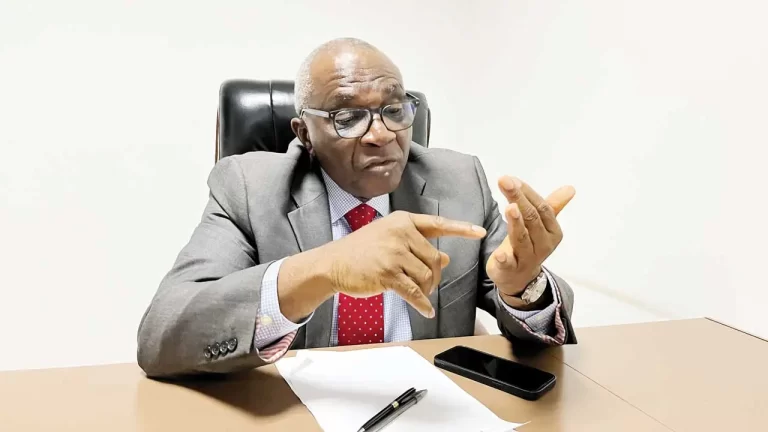Nigerians’ perception played a crucial role in President Bola Tinubu’s decision to discharge five ministers from his cabinet, according to the Special Adviser on Information and Strategy, Bayo Onanuga.
Tinubu on Wednesday re-assigned 10 ministers to new portfolios and relieved five of their duties.
The president also nominated seven new persons for Senate confirmation.
The affected ministers include Minister of Youth Development, Dr Jamila Bio Ibrahim; Minister of Tourism, Lola Ade-John; Minister of Women Affairs, Uju Kennedy-Ohanenye; Minister of Education, Tahir Mamman; and Minister of State for Housing and Urban Development, Abdullahi Gwarzo.
Onanuga has now revealed that the Special Adviser to the President on Policy and Coordination, Hadiza Bala Usman, introduced a technological system that allowed Nigerians to assess the performance of ministers.
“It wasn’t done arbitrarily. Hadiza Bala Usman brought in technology, asking Nigerians to rate the ministers,” Onanuga said in an interview on Wednesday night.
“So, the removal of these ministers was based on empirical facts, shaped by the public’s perception.
“The scorecards were filled out by the people, and the President acted on those results. It wasn’t just about meeting the President’s expectations but also the public’s.
“A few weeks ago, during a cabinet meeting, the President urged the ministers to inform Nigerians of their accomplishments because, according to him, there was a public perception that the government wasn’t performing. The government believed it was, but the ministers weren’t effectively communicating their work,” he added.
Onanuga also claimed Tinubu’s administration is working to reduce the cost of governance.
